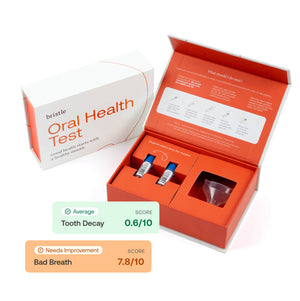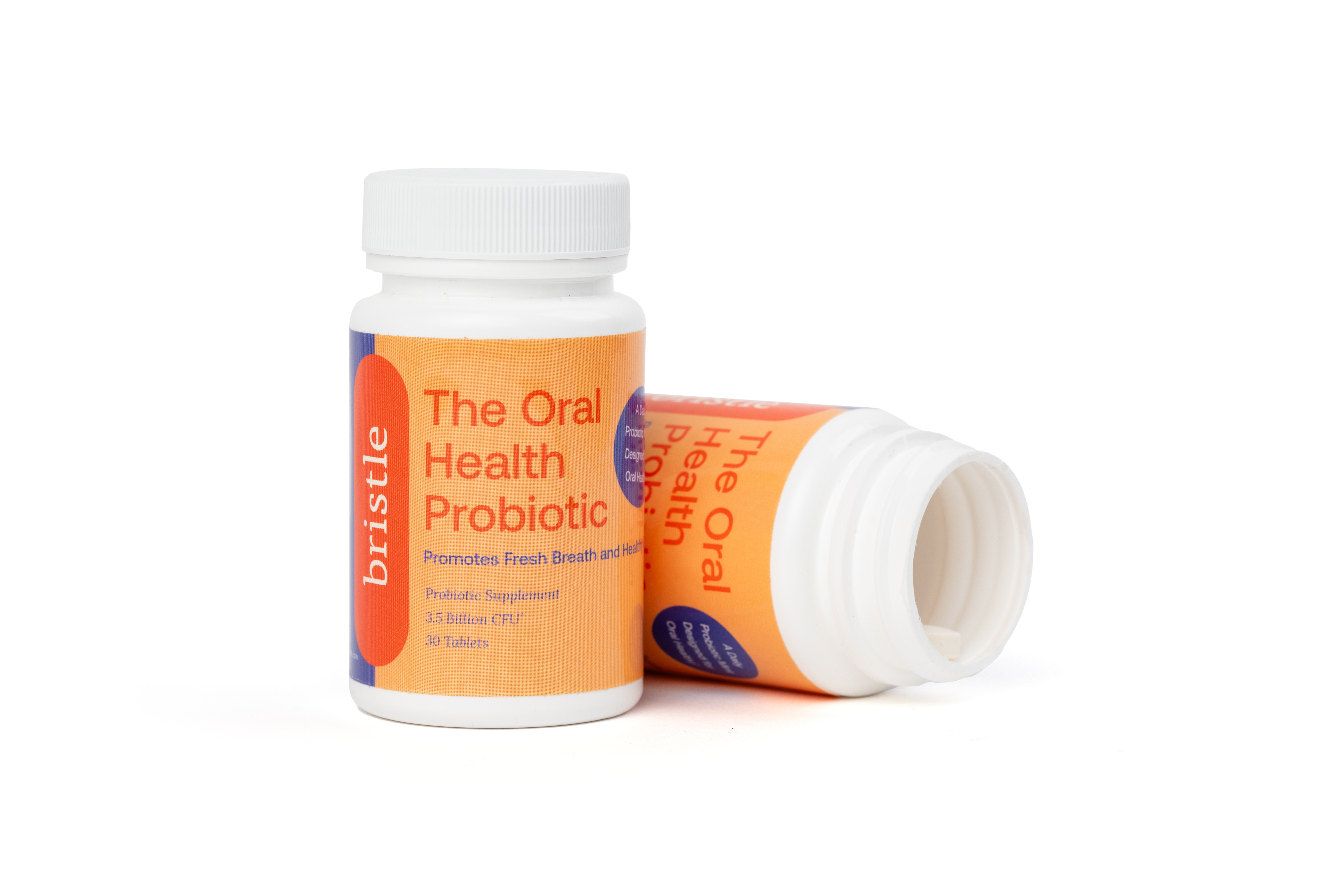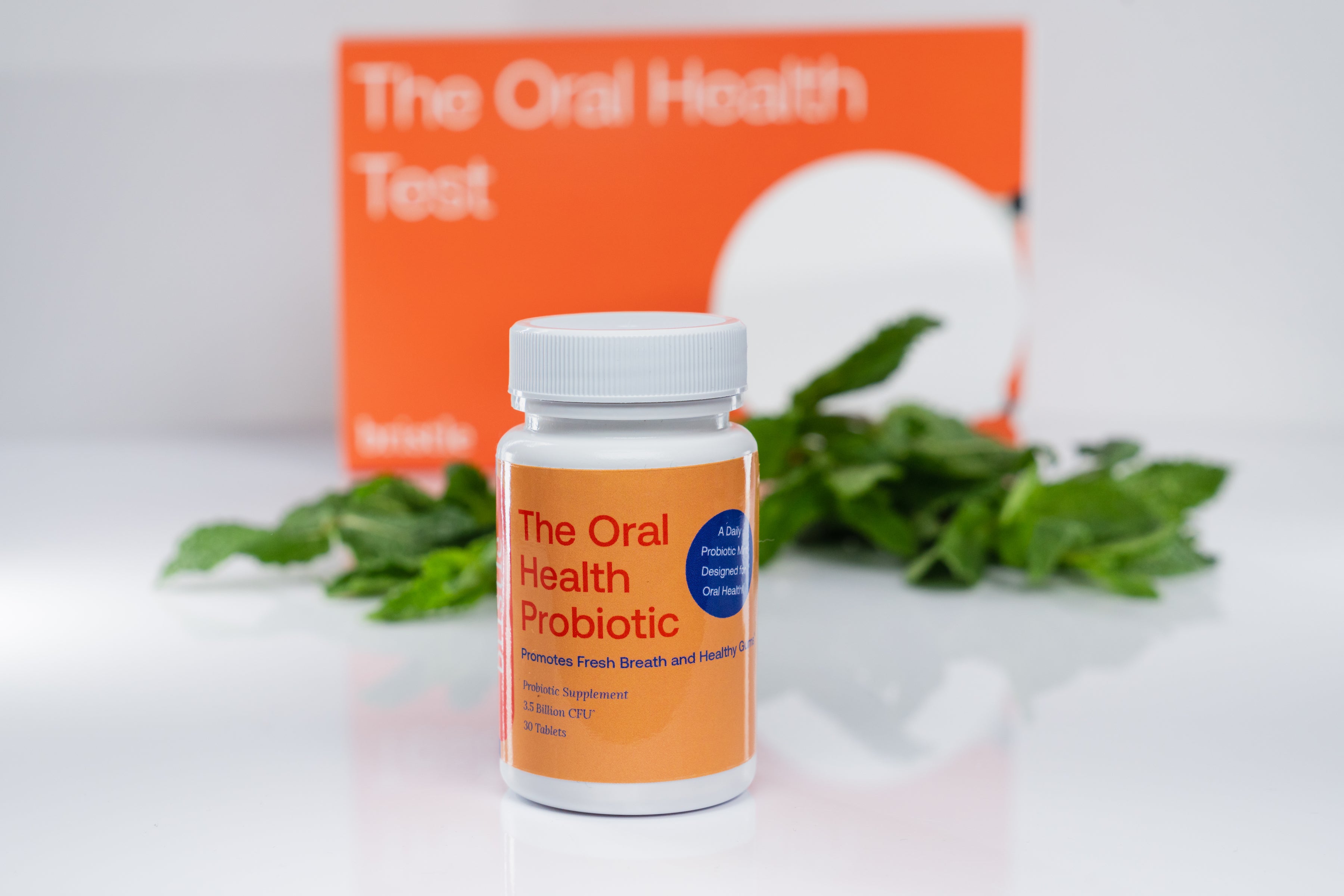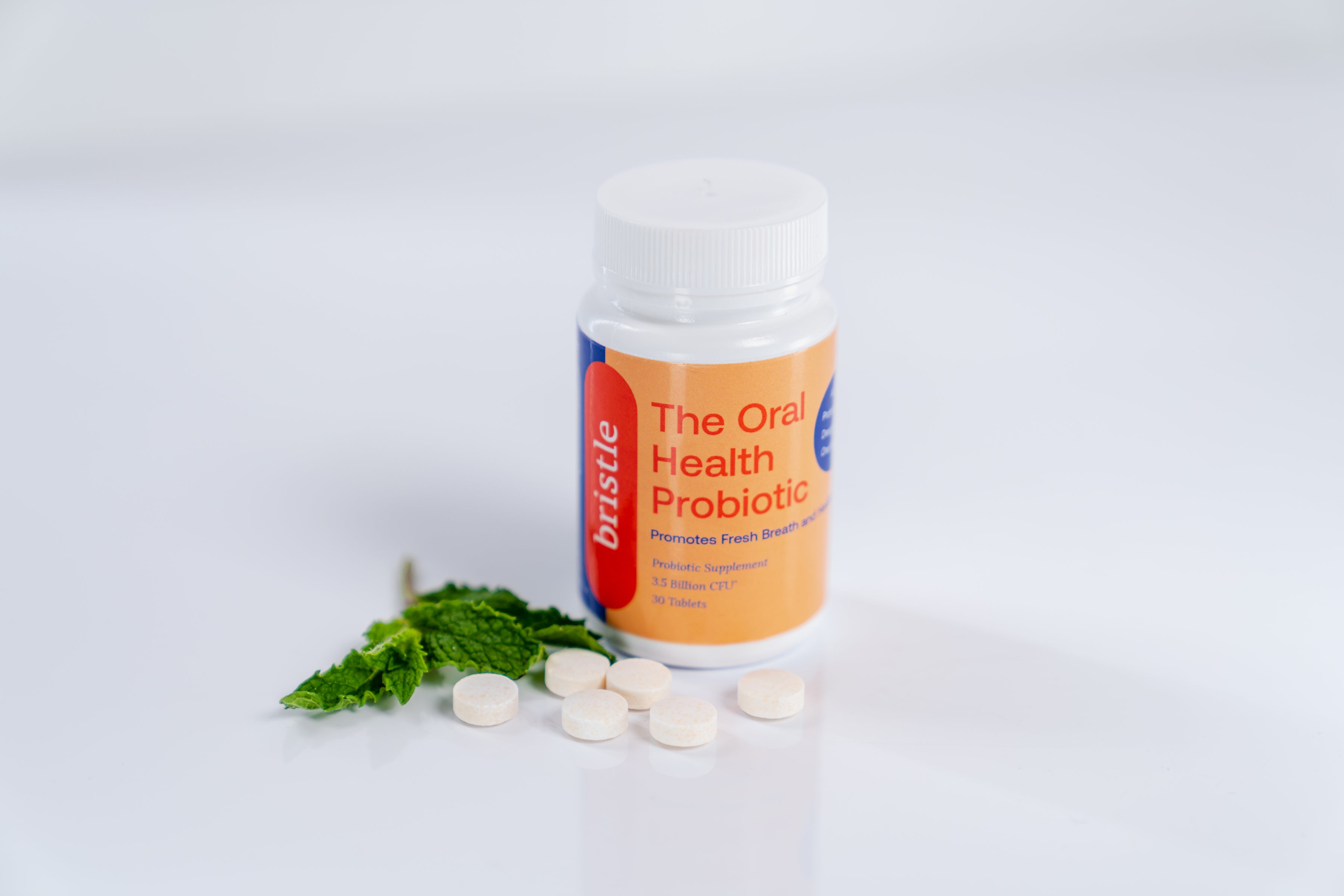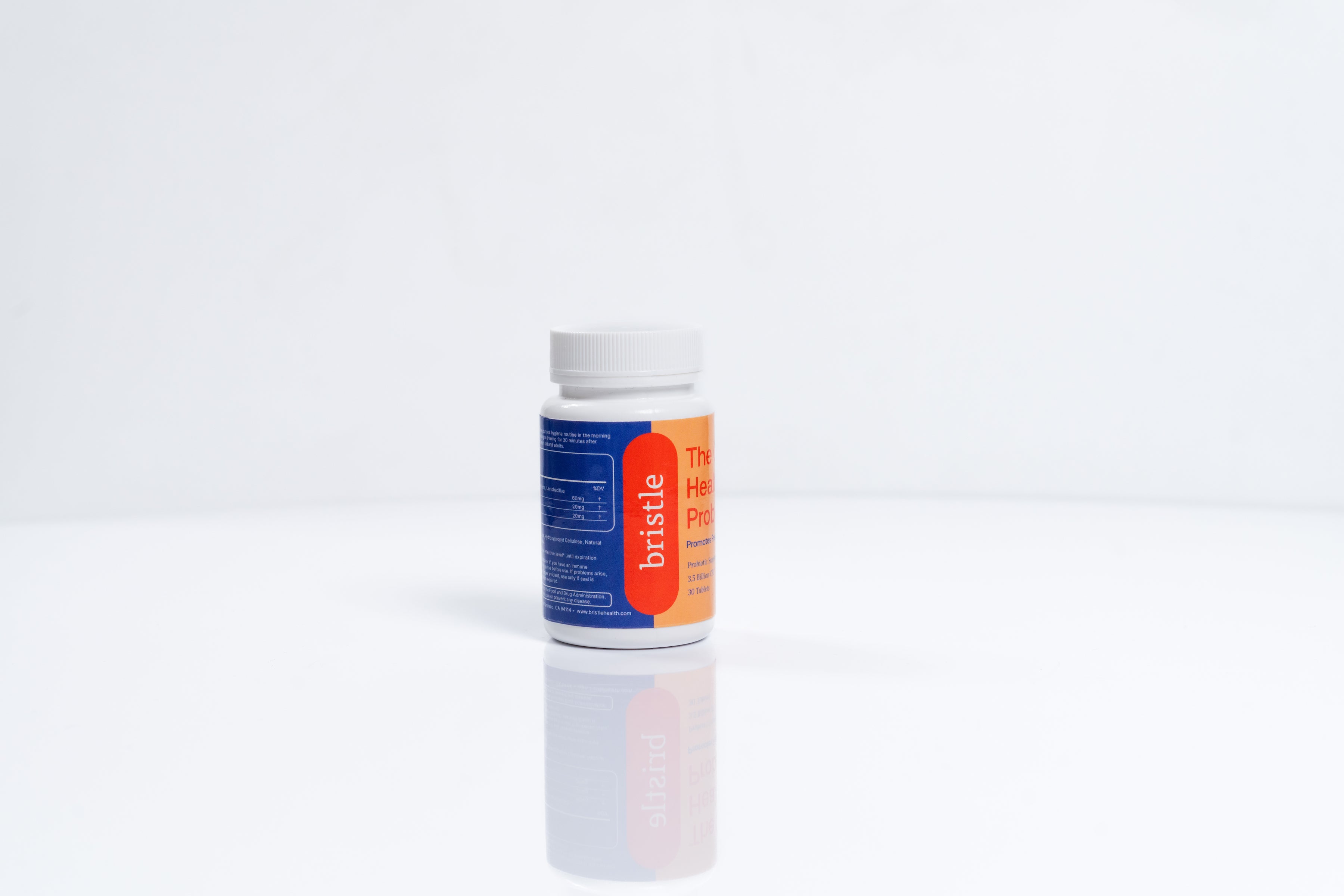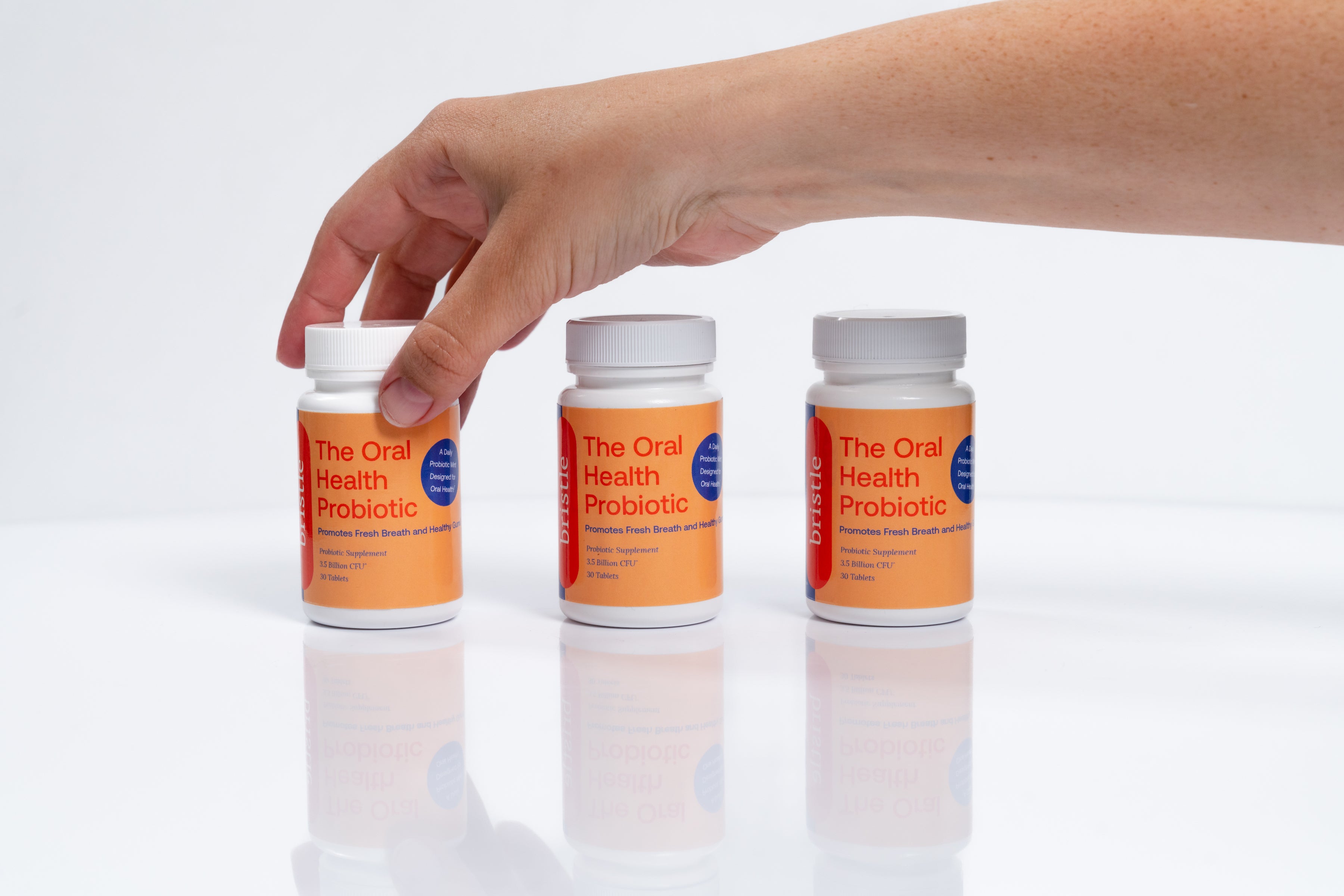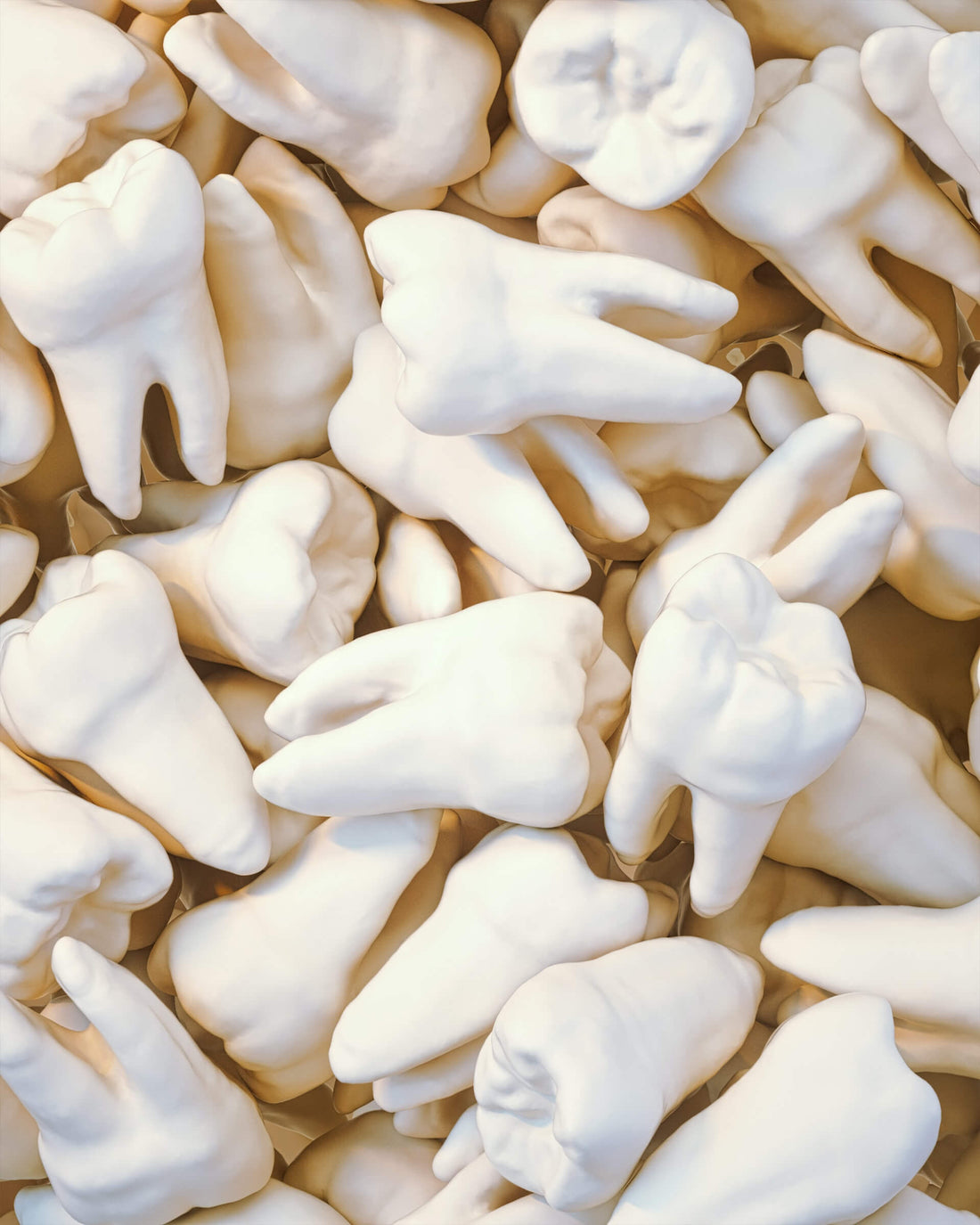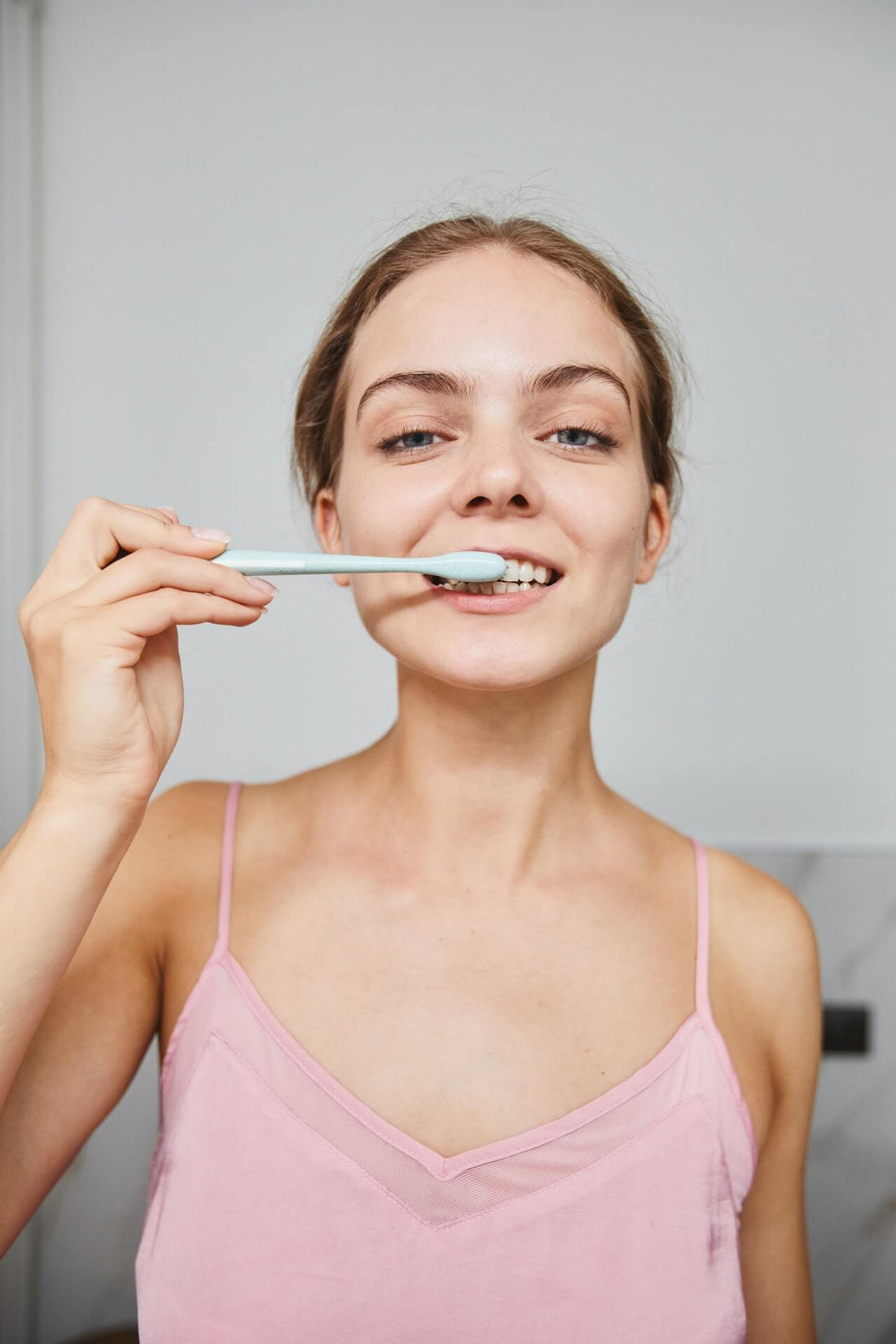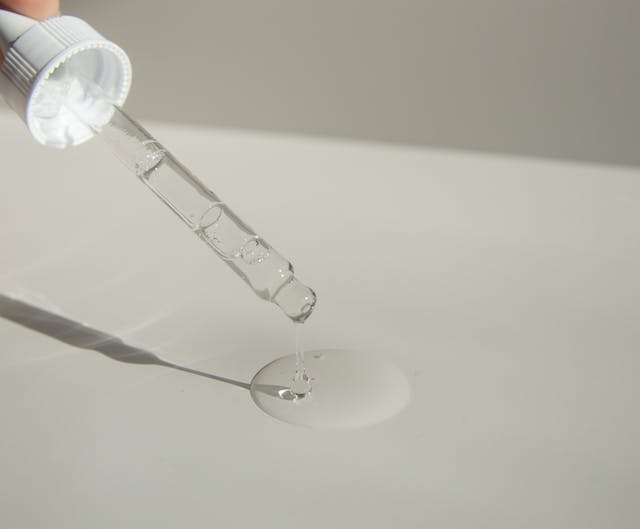Introduction
Oral health is often overlooked but it's an essential part of overall health and wellbeing. This blog post shares ten interesting and unexpected facts about oral health that all readers should know. From the types of bacteria found in our mouths to the impact of certain foods on our teeth, this post dives deep into the lesser-known aspects of oral hygiene. By the end, you’ll have a better understanding of your overall oral health and the importance.
Fact 1: Genetics Play a Role in Oral Health
Did you know that some individuals are more prone to dental issues due to genetics? While proper oral care is important for everyone, some people may have a higher risk of developing tooth decay or gum disease due to inherited factors. This is why it's important to be aware of your family's dental history and to know the makeup of your personal oral microbiome since cavities and gum disease are multifactorial. If you have a high amount of bad bacteria that increase your risk for cavities you can be proactive with specific oral hygiene, product choice and even your diet. At Bristle, we’ve helped 1,000’s of happy customers take control of their oral health and solve the chronic issues in their mouths.
Fact 2: Your Mouth Can Give Clues About Your Overall Health
It may come as a surprise, but your mouth can provide important clues about your overall health. Dentists can detect diseases, such as diabetes, through oral symptoms. For instance, people with diabetes may have dry mouth, gum disease or frequent oral infections. Regular dental checkups can therefore help in early detection of these issues.
Fact 3: Flossing Correctly is Crucial for Oral Health
While brushing your teeth is important, flossing is just as crucial. Flossing helps remove buildup between teeth, reducing the risk of gum disease and cavities. Floss at least once a day, and make sure to use the proper technique.
"As a dental hygienist, I often hear patients say that they don't like flossing or find it difficult to do. However, what many people don't realize is that there isn't just one type of flossing, and we actually prefer to call it interdental cleaning. From traditional floss to water flossers and interdental brushes, there are many effective ways to clean between your teeth and maintain good oral health. So, during your coaching call we will help find the best method that works best for you – your teeth and gums will thank you!"
-Iman, RDH, & Bristle Oral Health Coach
If you're not sure how to floss correctly, ask your dentist or hygienist for a demonstration during your next checkup.
Fact 4: Certain Foods Can Promote Oral Health
There are so many foods that can have a significant impact on your dental health. But before we jump to the good for you foods, let’s talk about a popular offender.
Did you know that certain types of water can actually become harmful to the enamel? You heard that right, when you drink carbonated water (sparkling water), the carbon dioxide gas mixes with saliva in your mouth, creating carbonic acid. This acid can erode the enamel on your teeth, which is the hard, protective outer layer of your teeth that helps prevent tooth decay. It will also change the pH in the mouth, leaving your mouth in a more acidic state which can cause an influx of pathogenic bacteria.
Now onto the good stuff. Foods high in calcium, vitamin C, and fiber can actually strengthen teeth and gums.So grab some crunchy fruits and vegetables, like apples and carrots, to help scrub away plaque and stimulate saliva production. Dairy products, such as cheese and yogurt, are also great choices for promoting oral health.
Fact 5: Dry Mouth Can Be Harmful to Oral Health
Saliva plays a key role in oral health. It helps neutralize acids and prevent tooth decay. Dry mouth, or xerostomia, can be caused by factors such as medication, dehydration or certain medical conditions. Mouth breathing, especially at night, can also be a major culprit of dry mouth. If you suffer from dry mouth, talk to your dentist. They can recommend ways to alleviate the symptoms and prevent dental issues associated with dry mouth.
Fact 6: Chewing Gum Can Be Good for Your Teeth
While chewing gum may not seem like a dental-friendly activity, sugar-free gum can actually be good for your teeth. Chewing gum can help stimulate saliva production, which aids in breaking down food particles and reducing bad breath. Just make sure to choose sugar-free gum, like one with Xylitol, as gum with sugar can lead to tooth decay.
Fact 7: Your Toothbrush Can Harbor Harmful Bacteria
It's important to replace your toothbrush, or the head of your brush if you use an electric toothbrush, every 3-4 months, or after an illness. This is because your toothbrush can harbor harmful bacteria that can lead to oral infections. Make sure to also keep your toothbrush clean by rinsing it thoroughly after each use and storing it in an upright position to allow it to air-dry.
Fact 8: Teeth Whitening Can Have Side Effects
While teeth whitening can be a great way to enhance your smile, excessive whitening can cause tooth sensitivity and damage the enamel. It's important to follow your dentist's recommendations when it comes to teeth whitening, or consider other dental treatments that can help improve the appearance of your teeth, such as veneers or bonding. Whether you’re in the market for teeth whitening or not, everyone can benefit from tips to keep their teeth stain free.
Fact 9: Smoking and Tobacco Use Can Have Harmful Effects on Oral Health
Smoking and tobacco use can have harmful effects on oral health. It can increase the risk of gum disease, tooth loss, and oral cancer. If you're a smoker, consider quitting or cutting back to reduce your risk of these dental issues.
Fact 10: Regular Dental Checkups Are Important for Oral Health But so is Prevention
Dentists can detect and treat oral issues and help you with serious problems that occur in the mouth. They’re our partners, advocates and even the users of Bristle chair-side in their practices. While regular dental checkups are important, so is understanding your unique makeup of your oral microbiome.
Make sure to visit your dentist every six months, or as recommended by your dentist, for a thorough cleaning and exam and check the bacteria levels in your mouth, especially if you’re experiencing chronic cavities, bad breath or other oral health issues. Your dentist can also provide tips for improving your oral care routine and answer any questions you may have.

